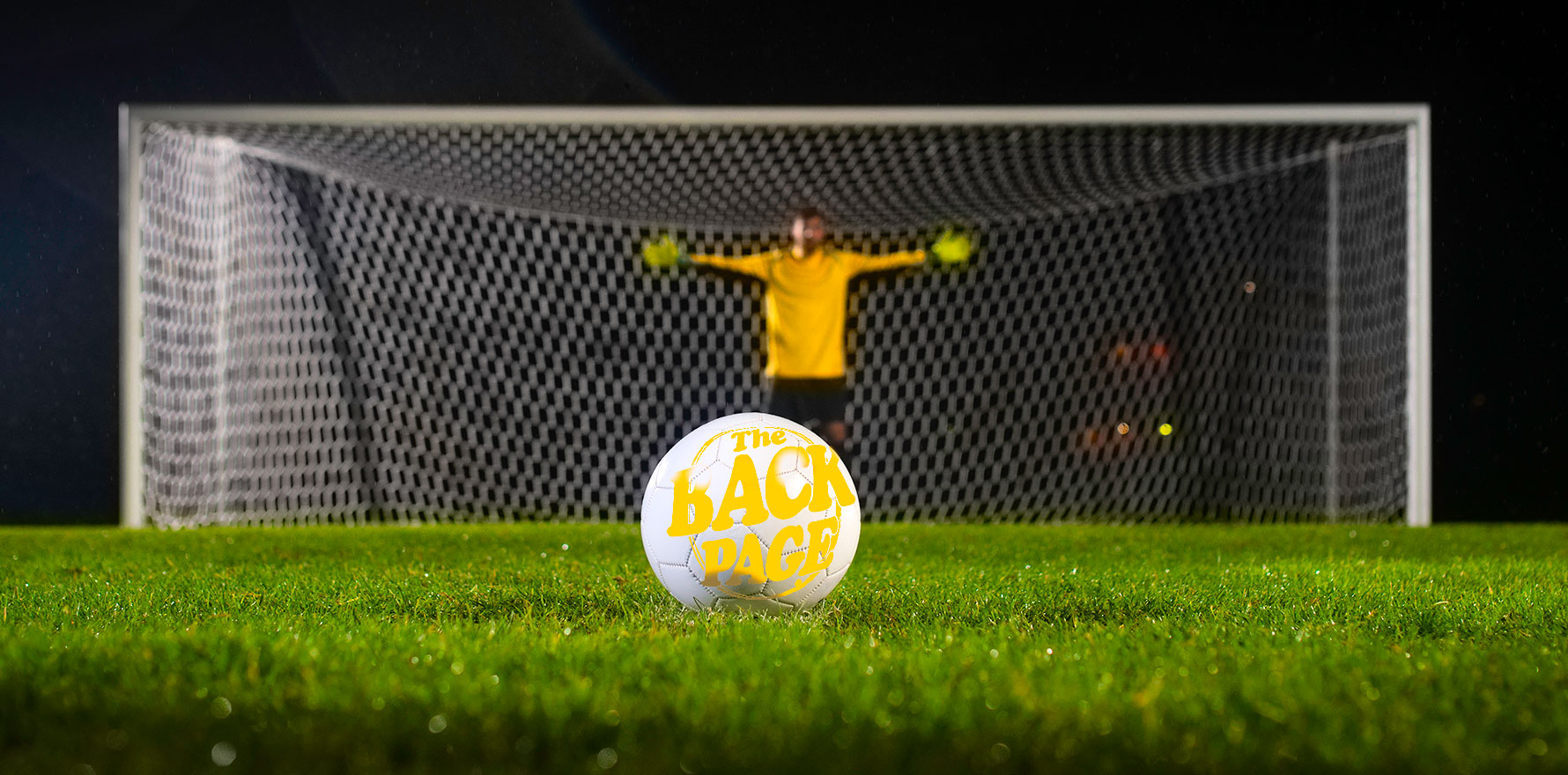‘Eyes on the prize’ may be exactly the wrong advice.
If you’ve ever bungled a World Cup penalty shootout or frozen during a rap battle, you’ll be all too familiar with the phenomenon of choking under pressure.
Also, what are you reading The Medical Republic for? Surely you have something more exciting to do.
But you don’t have to be an elite athlete or performer to experience sudden incompetence at a high-stakes moment. You don’t even have to be human.
A team from Carnegie Mellon and the U of Pittsburgh have shown that rhesus monkeys (who we hope were well compensated for their role in this experiment) also stuff up under pressure, and uncovered the neural mechanism for the phenomenon.
The monkeys were trained to perform a “reach” task, involving moving a cursor fast and accurately over a target, to obtain varying levels of reward. They were given cues each time whether the reward would be small, medium, large or jackpot.
They performed better for medium and large rewards than for small ones, but when they knew a rare jackpot award was imminent, they tanked.
Tiny chips implanted in the monkeys’ brains allowed the researchers to track what was behind this inverted-U relationship between size of incentive and performance.
The researchers hypothesised a “neural bias”, in which, “as potential rewards grow from small to jackpot, average neural activity is pushed toward, and then away from, the optimal preparatory zone for the upcoming reach”. This hypothesis beat two alternatives, namely “insufficient drive” and “neural noise” or excess variability in motor cortex activity.
The key neural activity was “motor preparation” in the motor cortex, which interacts with reward perception, at first beneficially and then detrimentally.
In the authors words – as the Back Page is hesitant to paraphrase – “Moderate amounts of reward boost motor performance by driving neural activity closer to an optimal zone of reach preparation. However, when a jackpot is proffered, neural activity pushes too far along the reward axis and, concomitantly, is biased away from the optimal state … This phenomenon can be thought of as a collapse in neural information about the upcoming reach, as the preparatory activity for different movements becomes less differentiated. The ensuing behaviour is adversely impacted by this poor preparation, with the result that animals … choke under pressure.”
How does this somewhat esoteric explanation line up against existing psychological theories of choking, such as “excessive self-monitoring, over-arousal (perhaps causing ‘‘jitters’’), distraction by the high stakes at hand and stress induced by loss aversion”?
While jitters aligns with the neural noise hypothesis, their winning theory of neural bias is a better match for over-arousal, “where increased focus on the go cue could draw resources away from reach direction encoding or make it harder for the animal to release from its hold state to initiate movement”.
What we are to do with this information is not covered in the paper, but the Back Page proposes a new winning mantra: Take your eyes off the prize.
Send medium-sized to large rewards to penny@medicalrepublic.com.au.


